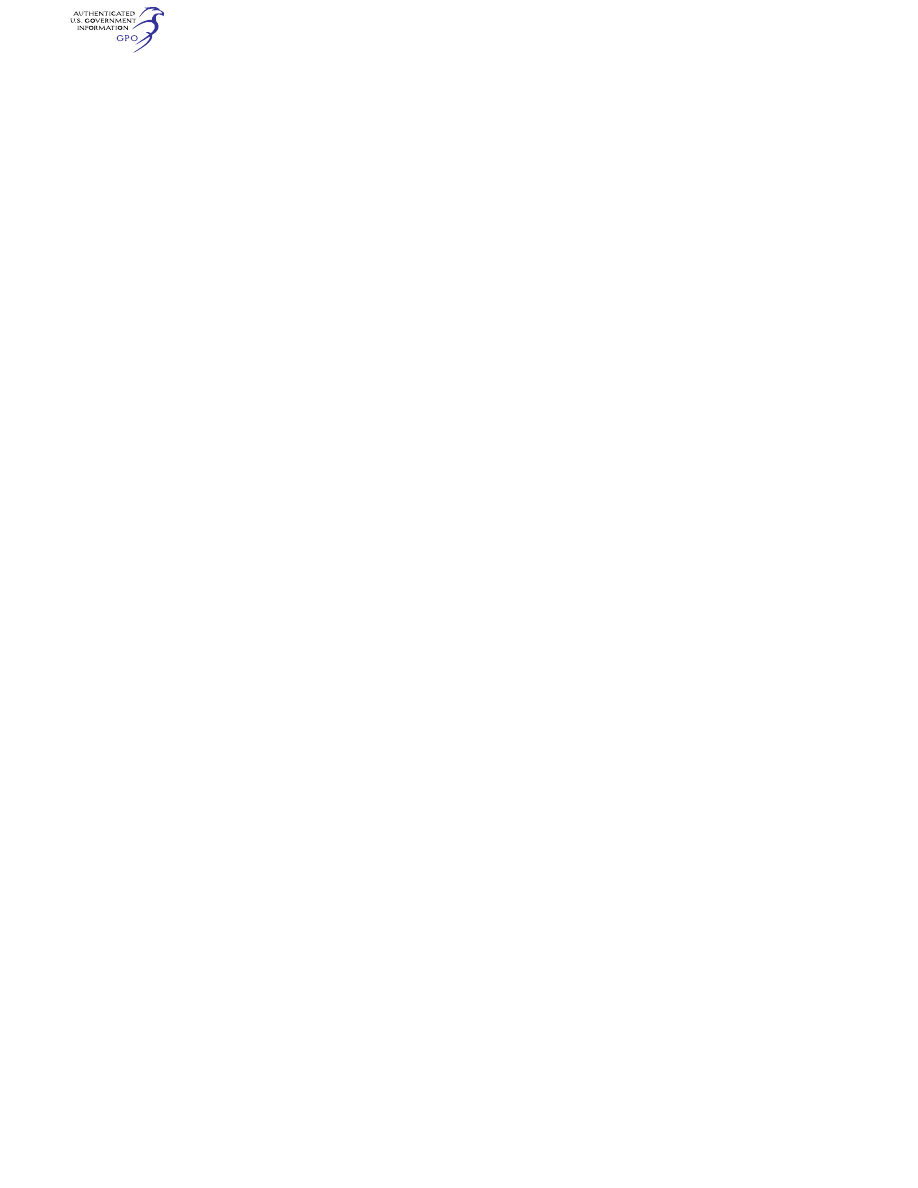
606
14 CFR Ch. I (1–1–24 Edition)
§ 141.75
training course has been approved and
meets the minimum ground and flight
training time requirements of this
part.
§ 141.75 Aircraft requirements.
The following items must be carried
on each aircraft used for flight training
and solo flights:
(a) A pretakeoff and prelanding
checklist; and
(b) The operator’s handbook for the
aircraft, if one is furnished by the man-
ufacturer, or copies of the handbook if
furnished to each student using the air-
craft.
[Doc. No. 25910, 62 FR 40908, July 30, 1997]
§ 141.77 Limitations.
(a) The holder of a pilot school cer-
tificate or a provisional pilot school
certificate may not issue a graduation
certificate to a student, or recommend
a student for a pilot certificate or rat-
ing, unless the student has:
(1) Completed the training specified
in the pilot school’s course of training;
and
(2) Passed the required final tests.
(b) Except as provided in paragraph
(c) of this section, the holder of a pilot
school certificate or a provisional pilot
school certificate may not graduate a
student from a course of training un-
less the student has completed all of
the curriculum requirements of that
course;
(c) A student may be given credit to-
wards the curriculum requirements of
a course for previous training under
the following conditions:
(1) If the student completed a pro-
ficiency test and knowledge test that
was conducted by the receiving pilot
school and the previous training was
based on a part 141- or a part 142-ap-
proved flight training course, the cred-
it is limited to not more than 50 per-
cent of the flight training require-
ments of the curriculum.
(2) If the student completed a knowl-
edge test that was conducted by the re-
ceiving pilot school and the previous
training was based on a part 141- or a
part 142-approved aeronautical knowl-
edge training course, the credit is lim-
ited to not more than 50 percent of the
aeronautical knowledge training re-
quirements of the curriculum.
(3) If the student completed a pro-
ficiency test and knowledge test that
was conducted by the receiving pilot
school and the training was received
from other than a part 141- or a part
142-approved flight training course, the
credit is limited to not more than 25
percent of the flight training require-
ments of the curriculum.
(4) If the student completed a knowl-
edge test that was conducted by the re-
ceiving pilot school and the previous
training was received from other than
a part 141- or a part 142-approved aero-
nautical knowledge training course,
the credit is limited to not more than
25 percent of the aeronautical knowl-
edge training requirements of the cur-
riculum.
(5) Completion of previous training
must be certified in the student’s
training record by the training pro-
vider or a management official within
the training provider’s organization,
and must contain—
(i) The kind and amount of training
provided; and
(ii) The result of each stage check
and end-of-course test, if appropriate.
[Doc. No. 25910, 62 FR 16347, Apr. 4, 1997;
Amdt. 141–9, 62 FR 40908, July 30, 1997; Amdt.
141–12, 74 FR 42564, Aug. 21, 2009]
§ 141.79 Flight training.
(a) No person other than a certifi-
cated flight instructor or commercial
pilot with a lighter-than-air rating who
has the ratings and the minimum
qualifications specified in the approved
training course outline may give a stu-
dent flight training under an approved
course of training.
(b) No student pilot may be author-
ized to start a solo practice flight from
an airport until the flight has been ap-
proved by a certificated flight instruc-
tor or commercial pilot with a lighter-
than-air rating who is present at that
airport.
(c) Each chief instructor and assist-
ant chief instructor assigned to a
training course must complete, at least
once every 12 calendar months, an ap-
proved syllabus of training consisting
of ground or flight training, or both, or
an approved flight instructor refresher
course.
(d) Each certificated flight instructor
or commercial pilot with a lighter-
